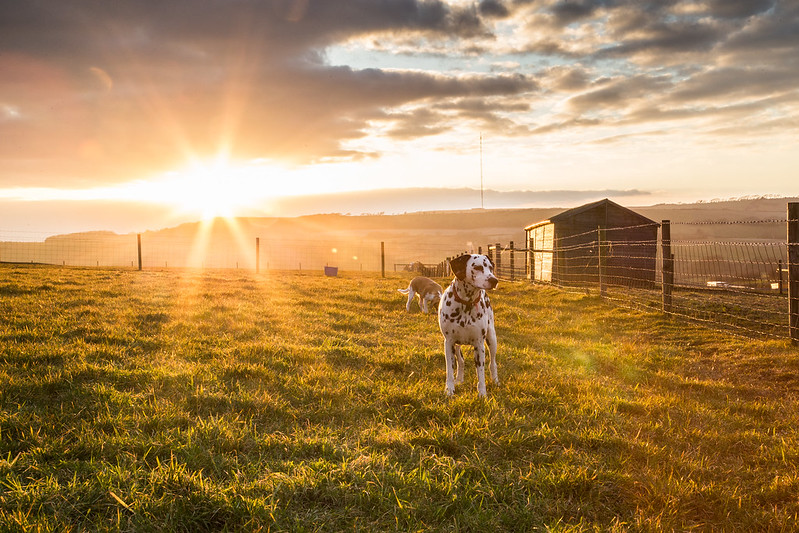Everyone should feel free to do whatever they enjoy the most or whatever works for them best. Opinions about what RAW and JPEG can and can't do are abound, but there are also some truths. JPEG has a smaller bit depth and so the first iteration naturally loses information. However, no one (?) prints from RAWs and most places these days print from JPEG so it's clearly good enough for prints (even vary large ones). For me, it's a clear choice about throwing away as little as possible until the very last step. I also choose a tool that allows me to post-process batches of images very quickly (still not as quick as straight-from-the-camera JPEG, but close) and still offers me the chance to fine tune a single image in a lot more detail.
I spent Sunday afternoon and evening taking photographs of a choir performance, indoors, at a venue in Lincoln. The performance included lighting effects during the songs, spotlights, roaming lights, coloured lights, etc. as well as significant variation in overall lighting levels. I could have shot that using JPEG, but I would have had to do colour correction on a lot of them. The dynamic range of the individual images varied hugely, the JPEGs would have all had the same rough exposure across the board, even though various parts of the choir were lit differently. Either I would have had to change my settings between each shot, or, as it turned out, I could view all the images in Lightroom and pick and choose, adjusting some in one direction and others in a different direction to get a broad range of artistic effects.
So for me personally, RAW is about choosing flexibility - getting the best shot I can at the time - but having options afterwards which would be limited if I chose JPEG.
I spent the first few months with my DSLR shooting JPEG, then JPEG+RAW, and then just RAW. When I first tried to post-process RAW files I was dismayed at how hard it was, how long it took, and how bad they were compared to the JPEGs. But it taught me a lot about exposure, dynamic range, depth of field, framing, etc. With JPEGs the temptation is to take it, publish it, move on. With RAW you're forced to make choices about the output, and that isn't always easy. After some time trying Canon's DPP and then Raw Therapee I finally settled on Lightroom, which suits my needs and fits within my workflow. If I go to a family event I might switch to JPEG, but mostly, I stick to RAW and just bulk process. This is because I'm lazy and remembering to change from RAW to JPEG and back is annoying to me, not because RAW is right for every situation.
That final point is key too - it's not a one time choice. You don't have to choose to shoot always JPEG, or always RAW. The situation, camera and time-to-publish can all have an impact moment to moment.





 sunset over the yard 19th Mar 16 b
sunset over the yard 19th Mar 16 b
